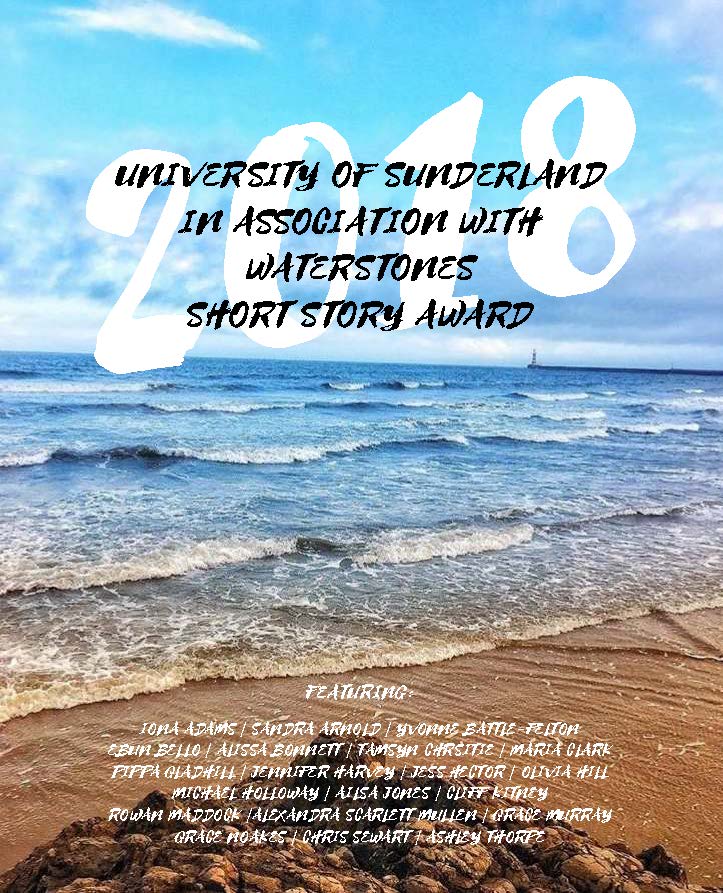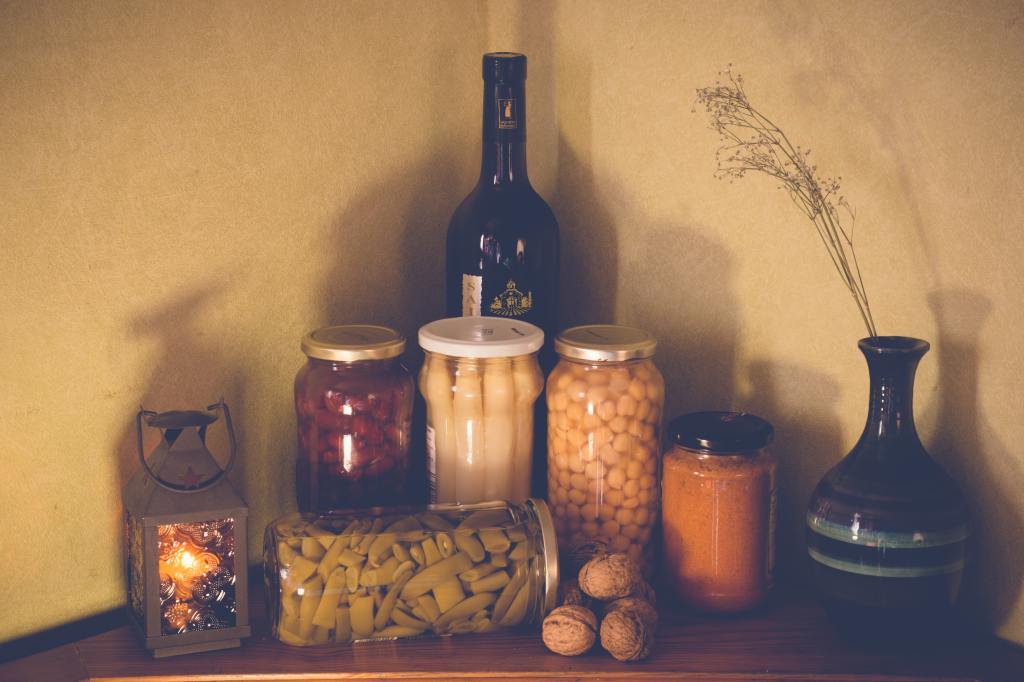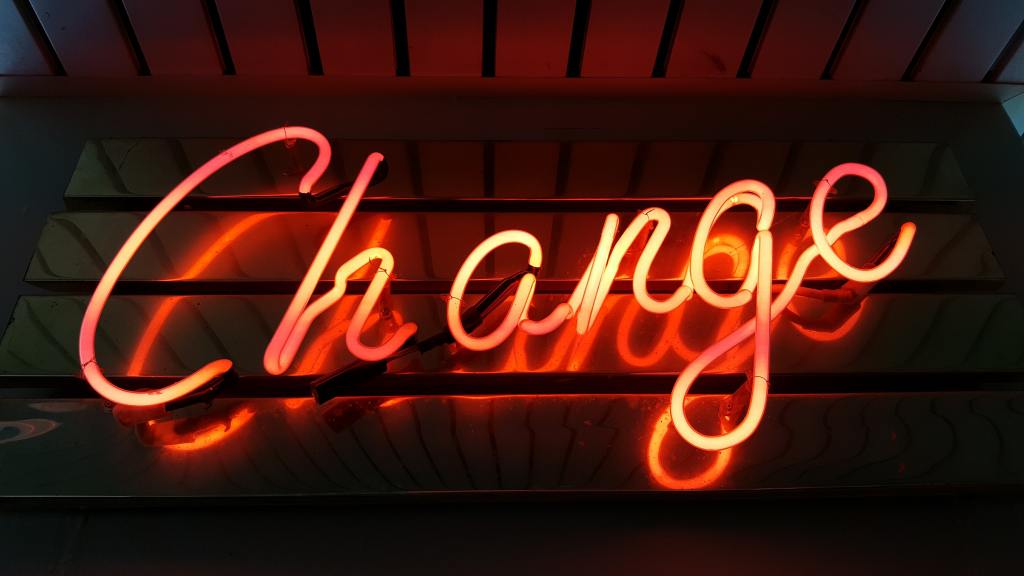Sandra Arnold is an award-winning writer who lives in New Zealand. She has a PhD in Creative Writing from CQ University, Australia. She is the author of a book on parental bereavement, Sing no Sad Songs and two novels, Tomorrow’s Empire and A Distraction of Opposites. Her short stories and essays have been widely published in New Zealand and internationally. Her flash fiction appears in numerous international journals and anthologies including Sleep is a Beautiful Colour (National Flash Fiction Day, UK, 2017) and is forthcoming in Bonsai: The Big Book of Small Stories (Canterbury University Press, NZ, 2018). Her work was nominated for the 2018 Pushcart Prize and the 2017 and 2018 Best Small Fictions. Her third novel, Ash will be published by Mākaro Press (NZ) in 2019 and her first flash fiction collection Soul Etchings will be published by Retreat West Books (UK) in 2019. She was a founding editor of the NZ literary magazine Takahe and is a guest editor and on the advisory board of Meniscus: the journal of the Australasian Association of Writing Programmes.
Twitter @sandra32857098
Firstly, thank you for offering to take part in this interview. We’ll start with something easy. What are you currently reading?
I’ve got two books on the go at present, a novel by New Zealand writer Charlotte Grimshaw, Mazarine and Paul McDonald’s history and poetics of flash fiction, The enigmas of confinement.
Read widely, deeply and analytically; keep writing; keep sending work out to journals that publish the kind of writing you admire.
Tell us about your story. What inspired it? Why this story? Why now?
The story, Under the Southern Cross, is an extract from a longer work, a novel titled Ash which will be published by Mākaro Press in New Zealand in 2019. In the years following World War 2 Britain sent many of its orphaned and disadvantaged children to the colonies for a better life. Under the Southern Cross is the imagined story of one of those children who was sent to New Zealand.
How do you form your characters? I know some authors, JK Rowling, famously, base some of their characters on people they’ve encountered in life. Is this something you’ve ever done or would do?
Fiction is created with many different strands of the real and the imagined. Israel Hart in Under the Southern Cross is an imagined character who was inspired by a real situation. I grew up in Washington, County Durham and when I was a child I knew of a Catholic family in the area with twenty one children, many of whom were taken off them and sent to Australia on the Child Migrant Scheme. I heard in later years that the children had done very well there. In my story Israel, from a poor family, was sent to New Zealand to start a new life.
You co-founded the literary magazine Takahe, can you tell us a bit about this? And has being an editor taught you anything about being a writer?
Poet David Howard and I co-founded Takahe in 1989 and I was fiction editor until 1995. As we discussed possible names for the new magazine we also mentioned with some trepidation the number of literary magazines that had appeared in recent years only to become extinct through staff burn-out and lack of finance. We decided on the name Takahe after a bird that was thought to be extinct by the late nineteenth century, but was rediscovered in 1948, surviving and thriving in a remote area in Fiordland. We thought it resonated perfectly with our hope and optimism for the survival of the new magazine. Our shared vision was to publish an eclectic range of high quality writing that included established and emerging writers. Most submissions came from New Zealand, but we published a few from overseas too. One of our aims (until the volume of submissions made this impossible) was to give feedback on each submission rather than a terse rejection slip and we took pains with promising new writers by encouraging them to re-write and re-submit. Some of those new writers who were first published in Takahe went on to win major awards.
Those early days of getting Takahe up and running were characterised by hard work, enormous energy and enthusiasm, camaraderie and a huge amount of fun. Far from becoming extinct the magazine is still thriving today under new leadership.
What do literary awards as a whole mean to you? And more specifically, what does the Sunderland Short Story Award mean to you?
Literary awards are important in bringing recognition and a wider readership to an author’s work. Winning second place in The Sunderland Short Story Award particularly delights me because of the connection I have with the area and the fact that the place where the fictional Israel grew up before being sent to New Zealand is set in the north-east of England.
How do you view your writing journey so far? Where would you like to be in five years time?
I’ve been writing since I was very young and hope to carry on doing that until the day I die or the words dry up – whichever comes first.
Are there any genres or styles you find yourself especially drawn to? Do they have a special connection to you? And are there any that you would like to experiment with?
I’ve previously written novels, short stories and non-fiction and I enjoy the research, slow development and background detail inherent in working with these forms; however, in the last two years I’ve become fascinated by very short forms. I love the compression in flash fiction, which is closer to prose poetry than to the traditional short story. Within a tight narrative arc a great deal can be implied in flash fiction without being overtly stated. I haven’t yet written a novella-in-flash, so I’m thinking about that as a future project.
Literary awards are important in bringing recognition and a wider readership to an author’s work.
Who are some of your favourite authors?
I have wide ranging tastes, but some of my favourites include New Zealand novelists Fiona Farrell, Catherine Chidgey, Maxine Alterio, Paddy Richardson, Eleanor Catton, Charlotte Grimshaw, Maggie Rainey-Smith, Michelle Arathimos, Sue Wootton and Stephanie Johnson. Novelists from other countries include Pascal Mercier, Hilary Mantel, Michelle de Kretser, Cate Kennedy, Eva Hornung, Donna Tartt, Eva Sallis, Anthony Doerr, Kate Atkinson, Margaret Atwood, Margaret Drabble and A.S. Byatt. There are so many terrific flash fiction writers and the following are just a few of those whose work I admire: Robert Scotellaro, Jonathan Cardew, Jennifer Fliss, Tania Hershman, Jayne Martin, Damhnait Monaghan, Lynn Mundell, Nuala Ni Chonchuir, Nancy Stohlman, Sophie Van Llewyn, Clair Polders, Leanne Radojkovich, Niles Reddick, Gary Duncan, Frances Gapper, Christopher Allen, Frankie McMillan, Charmaine Wilkerson, Sudha Balagopal, Michael Loveday, Meg Pocrass, Santino Prinzi, Jude Higgins, Angela Readman, Amanda Huggins, Nod Ghosh, Heather McQuillan, Eileen Merriman, Gail Ingram, Rachel Smith and Patrick Pink.
What advice would you give to writers?
Read widely, deeply and analytically; keep writing; keep sending work out to journals that publish the kind of writing you admire.
















Leave a Reply